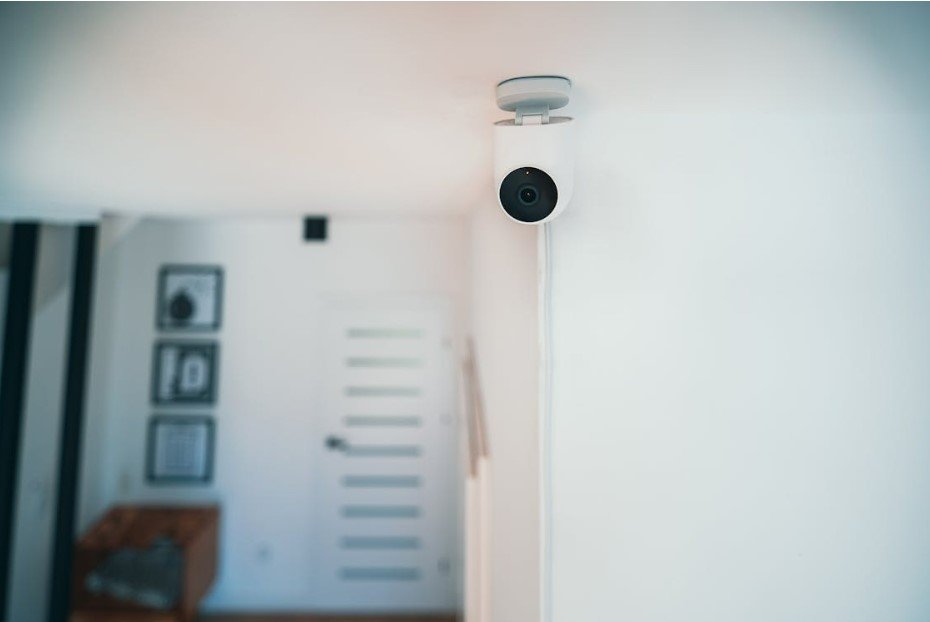Trust is the root of every relationship – business, friendship, and romantic. Trust is the foundation of all relationships, without it they are shallow and easily broken, not strong enough to stand up to difficulties and not deep or profound enough to grow through the years. In order to create trust, we need to be honest with one another and provide consistent support and display genuine behavior that shows we are dependable.
When Words and Deeds Are United
The quickest way to develop trust is to make sure your behavior always reflects your words. When people see you keep (or break) promises, it leaves an indelible mark of whether they can count on you to keep your word:
- It might be a little thing to you, but you promised to take the rubbish out.
- If you can’t get there, communicate in advance
- Don’t Promise What You Can’t Deliver
- Both parties should be on time and ready for meetings and appointments
Consistent makes it shows that you value the other person’s time, and that you respect the relationship you are in enough to keep your commitment.
Respect, Transparency and Vulnerability
Trust is built when people feel secure being their natural selves with one another. This would take the form of spaces where true speech is more valued than comfortable lies:
Key practices include:
- Being open about the information shared rather than withholding anything
- Acknowledge errors promptly and take responsibility
- Cousins always had this cerebral disposition of not acting the smart guy but one who was always willing to ask for help when he needed it.
- Appropriate expression of authentic feelings and concerns
Vulnerability, when it is shared with the right person, conveys that you trust that person to be your real you, and that person will respond by opening up to you.
Trust in Digital Communication
In the digital age, romantic relationships thrive on the exchanged word, reinforcing the importance of the word between lovers. Reliable online is now key to keeping strong ties.
Such communication can also mean timely message-response, confidentiality of cyber-correspondence and authentic self-presentation. Whether it’s business calls, friendships kept through social media or even your tongits with friends, if you want to be a good person in the real world, you should try to be a good person in the digital world too.
Active Listening and Empathy
Trust in others comes from feeling heard and understood. Active listening shows you respect other people’s opinions and experiences:
- Listen - really listen during conversations with no distractions
- Ask follow up question to explain concept.
- Clarify more: summarise in your own words. Repeat back to the other person what you have heard, to check your understanding.
- Accept feelings even if you don’t agree with ideas
Honoring Boundaries and Respect
Boundaries, when they’re healthy, are what keep all parties involved safe. Showing that you’re aware of and care about others’ comfort levels helps build trust by respecting these boundaries:
- Respecting personal and professional boundaries
- Getting permission before giving away personal information
- Honouring Time and the Location Availability
- Appreciation of cultural and intrinsic differences
Wrapping Up
Trust is something that should be earned over time with patience, consistency, and a real concern for the welfare of others. It’s built slowly, one victory at a time, with little behaviors that prove you’re trustworthy, honest, and respectful. Trust can be shattered easily but is rebuilt on the back of consistent positive deeds and real communication. In both professional and personal relationships, the time spent in trust building will result in stronger and more resilient relationships that lead to personal fulfillment and professional success.




